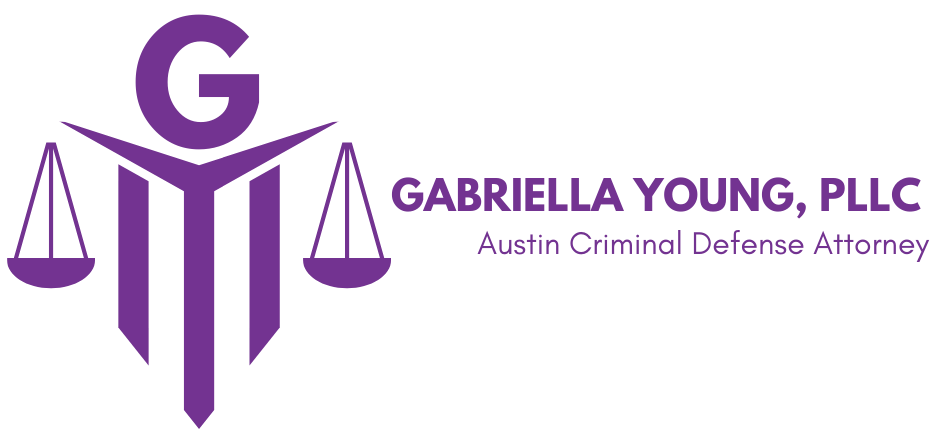Revoked vs Suspended License. Under Texas state law a driver’s license suspension is not considered to be the same thing as a revocation. Despite the fact that you are more likely to face a suspension rather than a revocation after being arrested for a DWI, there are some instances in which alcohol or substance abuse can lead to your license being revoked. Despite an arrest, it can still be possible in some instances to maintain your driving privileges while you appeal your suspension. In other instances, however, you may be able to obtain a restricted license, which enables you to travel to and from your place of employment, even if your license has been suspended.
Generally defined, a driver’s license suspension under Texas state law means that a temporary hold has been placed on your ability to drive. While you are still a licensed driver, you will be able to reinstate your license as long as you meet all of the requirements established by the Texas Department of Motor Vehicles. Current state law mandates that most suspensions are limited to no more than a year; however, there are some exceptions to this, which include felony DWI convictions.
A driver’s license revocation, on the other hand, is defined by Texas Transportation Code 521.312 as being the indefinite removal of all driving privileges. As a result, you will essentially not be able to reinstate your original driver’s license. When the period of revocation is over, you will have to go through the process of receiving a brand new state driver’s license all over again. In the event that you do not have a valid license at the time of the actual revocation, you will not be permitted to apply for a driver’s license at any time in the future.
Regardless of either process, the state of Texas is required to meet a specific amount of criteria prior to taking away an individual’s ability to drive. There are grounds related to alcohol that can result in either a suspension or revocation; however, these differ in a few ways.
SUSPENSION
After a DWI stop occurs in the state of Texas, your driver’s license will be valid for suspension due to the following reasons:
- You refused to submit to a chemical test in violation of the implied consent law.
- You failed a chemical test that showed your total blood alcohol level was 0.08% or higher.
The ALR hearing is the process implemented by Texas once a DWI arrest occurs. After the arrest, the officer will confiscate your license before then replacing it with a notice of suspension and a temporary license. This license will be valid for a total of 40 days. Filing for an ALR hearing will result in your suspension being put on hold until the hearing is resolved.
REVOCATION
In terms of a revocation, the following five circumstances will typically apply:
- You have been found to be incapable of operating a motor vehicle.
- You have failed to comply with citation terms issued by a jurisdiction party to the 1977 Nonresident Violator Compact for a traffic violation that applies to that specific compact.
- You have failed to provide any and all medical records or have not undergone medical or other examinations required by the medical advisory board panel.
- You have failed to pass an examination required by the director as part of this chapter.
- You have committed an offense in another state or Canada that would be grounds for license revocation if committed in the state of Texas.
REGAINING LICENSE AFTER SUSPENSION
In the event that you are not successful in challenging your suspension as part of the ALR hearing, your license could be suspended for up to two years. After your suspension has concluded, there will be a few steps to follow in order to regain your license. These include the following:
- Completing a 12-hour Alcohol Education Program within 180 days of your conviction.
- Provide proof of SR-22 insurance coverage.
- Pay all fines and court costs.
REGAINING LICENSE AFTER REVOCATION
If your license was revoked, it’s important to note that the chance of obtaining a new license will depend on the overall basis for your revocation. For instance, if your license has been revoked for a certain amount of time, then you will be permitted to apply for a new license once that amount of time has expired. On the other hand, if your license has been revoked under Texas Transportation Code 521.294, then you will not be permitted to apply for a new license until the medical advisory board officially clears you.
Revoked vs Suspended License. Thank you for visiting The Law Office of Gabriella Young, an Austin based DWI & DUI attorney. If you are looking for further clarification between a suspended and revoked license, please contact Gabriella Young’s office for a free consultation.

